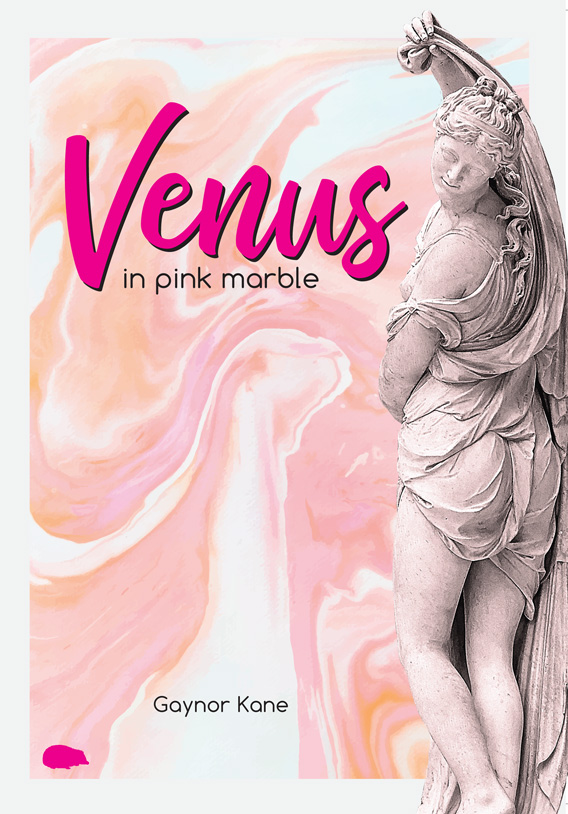part one of this interview is here
What ideas do you interrogate in your work now?
I suppose I get the cusp of an idea and because I’m interested in a lot of different things, I will develop that initial spark in a number of ways.
For example, my first pamphlet was drawing on the question of burial rituals and I did a lot of research into funeral rites around the globe. My approach then was to, instead of seeing those situations from the perspective of the people in a specific country, try and put them in a local setting; see those burial rites through the eyes of someone living here in Ireland. That meant it became a very different thing.
You can’t use formulas. You can’t consciously think at the beginning of writing a piece, you are going to start with a tree in Victoria Park, and it’s going to finish about climate change. I don’t think you can do that successfully.
Is your work primarily research based or does it draw on lived experience?
I would do a fair bit of research but not all the time as some poems emerge from personal experience. I do tend to hide the more personal poems under a curtain, use a disguise, so that they are not simply about my life.
The poem “Restoration” for example, I have lived with a Structural Engineer for 30 years, I was a receptionist in a Structural Engineer’s office. I know a fair bit about houses, and we have built a house and renovated a house; I even took a career break at one stage and worked on our house, I took all the plaster of the walls and built my own stud walls, did the tiling and my dad showed me how to do a number of things as well. My husband bought me a sledgehammer for my birthday. There was not a lot of research needed it because I already had a lot of knowledge to draw from.
Do you feel then that your own work is developing, your craft is improving?
I really believe in lifelong learning, so I’m constantly attending workshops and trying to build on my skills. Different tutors have different ways of teaching; I just try and soak up as much experience and knowledge from other people. I think I’ll always continue to be a workshop attendee.
I love the challenge of attending workshops because I would be prone to self-sabotage and self- doubt when I am sitting by myself trying to write. I tend to be very self-critical.
When I am in a workshop and I have 10 minutes to write something, I really feel that deadline and I really enjoy the challenge of writing something in a very short space of time. So that is how I develop my writing skills.
What about your collection?
Regarding my collection, “Venus in Pink Marble”, it is structured in three parts. The first part focuses on heritage and history, the middle part is mostly autobiographical and the third section is based on the question of culture, and there is quite a lot of Ekphrastic poetry in that section using news articles.

Do you worry about structure at all?
I think about the form of the poem towards the end of the writing process, I would look at the poem and see if is trying to tell me what form it needs to be in. I never sit down to write a Sestina or a Sonnet, but if the draft comes around to be 14 lines and looks like it might work as a sonnet then I might move in that direction. The draft comes first then the form tends to come later.
Where to now?
Well, I have another pamphlet coming out this summer which is called “Eight Types of Love”, and it is structured around the ancient Greek classifications of how many types of love there are. I was mentored by Mary Montague as I had been awarded funding from the Arts Council of NI. Mary was incredibly generous and the poems undertook several revisions. There will be 16 poems, two for each classification. It’s coming out with Hedgehog Poetry Press as a pamphlet and is available to pre-order now. After that, I will be concentrating on a second collection, but I’m not in any hurry to do that and I will just continue to go to workshops and try and learn as much as I can.

To see more of Gaynor Kane’s work see here: gaynorkane.com and here www.hedgehogpress.co.uk
